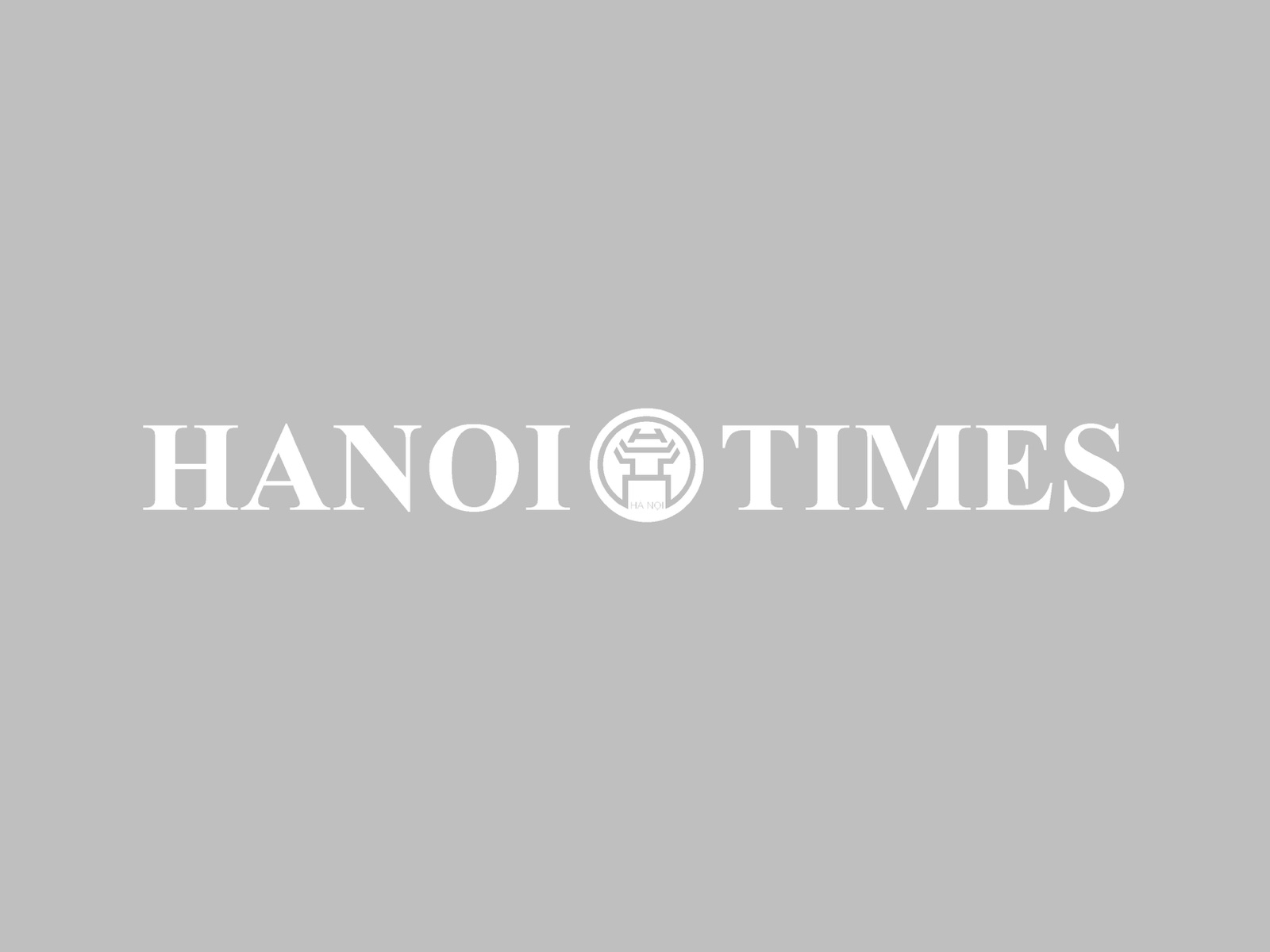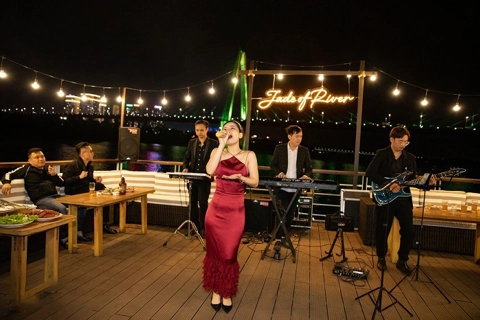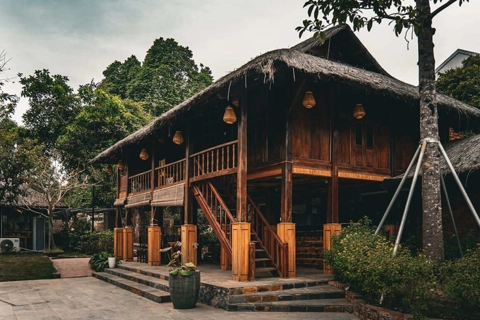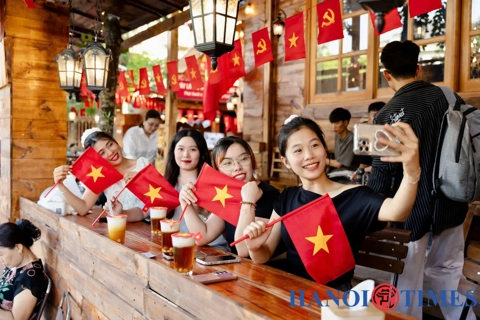Travel
South Korean travel firms keen on Vietnam's tourism industry
Oct 12, 2018 / 04:12 PM
Vietnam has held a workshop to introduce its tourism products, attractive destinations and tourism investment chances to businesses and media of Gwangju in South Korea.
Nearly 100 representatives of travel, hotel, airline and media firms from South Korea attended a workshop held by the Vietnamese Ministry of Culture, Sports and Tourism on October 10 to promote Vietnamese culture and tourism for visitors from Gwangju in South Korea.
This is the 10th year the Ministry of Culture, Sports and Tourism has organized events to promote Vietnam’s culture and tourism in Gwangju.
The people-to-people exchange between Vietnam and South Korea dated back nearly 900 years when princes of the Ly Dynasty in Vietnam arrived in the Korean Peninsula to settle down, and their descendants have always acted as a bridge linking the two nations’ cooperation and friendship, said Nguyen Trung Khanh, head of the Department for International Cooperation of the Vietnamese Ministry of Culture, Sports and Tourism.
Vietnam and South Korea established formal diplomatic relations on December 22, 1992. In 2009, South Korea and Vietnam agreed to lift the bilateral relationship to the “comprehensive partnership, he added.
According to Khanh, with time-tested connections, similarities in history and culture, complementary economies, and joint efforts by the two countries’ governments and people, bilateral relations have witnessed considerable attainments in various spheres.
In recent years, South Korea has continually been one of the three biggest sources of foreign holidaymakers to Vietnam, surpassing 25 million in the first nine months of 2018. In which, Vietnam also continually been one of ten biggest sources of foreign visitors to South Korea, reaching over 350,000 in 2017.

100 South Korea’s travel firms attended Vietnamese tourism promote workshop in Gwangju. Photo: Toquoc.vn
|
The people-to-people exchange between Vietnam and South Korea dated back nearly 900 years when princes of the Ly Dynasty in Vietnam arrived in the Korean Peninsula to settle down, and their descendants have always acted as a bridge linking the two nations’ cooperation and friendship, said Nguyen Trung Khanh, head of the Department for International Cooperation of the Vietnamese Ministry of Culture, Sports and Tourism.
Vietnam and South Korea established formal diplomatic relations on December 22, 1992. In 2009, South Korea and Vietnam agreed to lift the bilateral relationship to the “comprehensive partnership, he added.
According to Khanh, with time-tested connections, similarities in history and culture, complementary economies, and joint efforts by the two countries’ governments and people, bilateral relations have witnessed considerable attainments in various spheres.
In recent years, South Korea has continually been one of the three biggest sources of foreign holidaymakers to Vietnam, surpassing 25 million in the first nine months of 2018. In which, Vietnam also continually been one of ten biggest sources of foreign visitors to South Korea, reaching over 350,000 in 2017.








